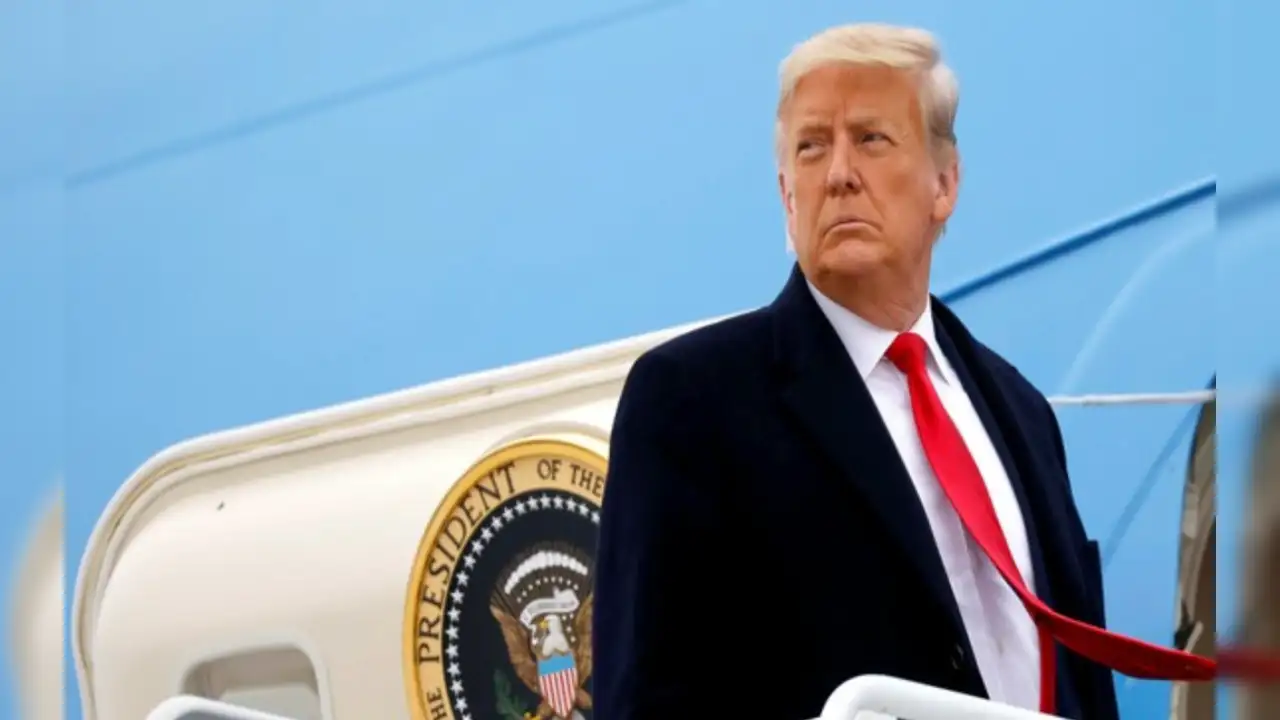Copyright timesnownews

The United States is tightening efforts to build a tariff-free global digital economy, as President Donald Trump secures commitments from Southeast Asian nations to refrain from taxing American tech and online service companies. According to a Bloomberg report by Brendan Murray, the US has received assurances from Malaysia, Cambodia, and Thailand that they will not impose digital services taxes or take discriminatory measures against American providers of e-commerce, cloud services, streaming platforms, social media and other online offerings. These pledges , embedded within broader trade agreements rolled out this week , also include long-term backing of the World Trade Organization’s moratorium on customs duties for digital services. That moratorium, first adopted in 1998, currently faces its next renewal challenge in early 2026. The move represents Washington’s attempt to cement its surplus in digital trade, even as it raises tariffs on physical goods from Asia. “The Trump administration believes that our deficit in trade in goods has been unfairly imposed, but that our surplus in trade in services has been fairly earned,” Georgetown Law professor Anupam Chander told Bloomberg. He added that other nations might view this approach as “unfair” given US tech dominance. Why It Matters Digitally delivered global services exceeded $4.77 trillion last year , growing almost twice as fast as total global trade, WTO data shows. With artificial intelligence powering the next wave of digital services, the stakes for global tech leadership continue rising. The US stance marks a sharp pivot from the Biden administration, which had supported European concerns over regulating dominant tech giants like Alphabet, Amazon and Meta. The Trump White House instead seeks unrestricted access for US digital platforms, especially across emerging markets in Africa, Latin America and South Asia , regions where China is also expanding its tech footprint. Commitments Across Asia Alongside Malaysia and Cambodia, Washington reached a preliminary understanding with Thailand and outlined a similar digital framework with Indonesia earlier this year , after Jakarta briefly created a customs category for intangible online products. Malaysia agreed to avoid taxing US social media and cloud operators , a concession beyond the WTO moratorium , Bloomberg reported. Global Flashpoints India and Brazil could pose hurdles to a permanent WTO digital-tariff ban. Both have historically pushed to keep the right to levy taxes on foreign tech firms and protect local e-commerce players. Simon Evenett, professor at IMD Business School in Switzerland, told Bloomberg it is “too soon to say this represents broad-based WTO re-engagement , more likely, it’s selective engagement on a topic critical to US big tech.” Meanwhile, Europe remains cautious. Brussels continues pushing for tighter privacy controls and anti-competition measures , and France is doubling a digital tax on big tech firms, inviting possible retaliation from Trump. What Comes Next With the WTO ministerial meeting scheduled in March 2026, the US is expected to lobby for a permanent digital-tariff ban. Yet experts doubt success. Martina Ferracane of Teesside University told Bloomberg the US will likely only secure another temporary extension, arguing Trump's threat of imposing 100% tariffs on foreign films undermines Washington’s moral authority on digital free-trade rules.



